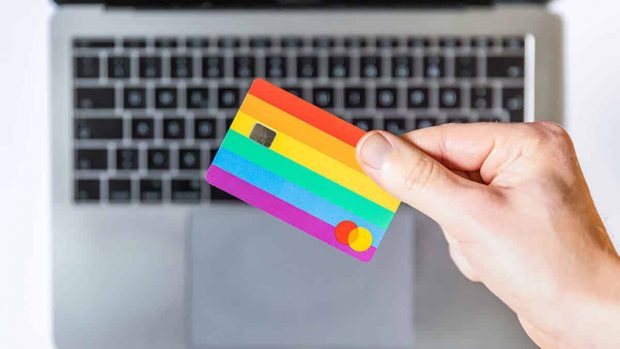Debt is a major problem in the United States. Millions of people are severely in debt and don’t know what to do. Debt has been rising for the last ten years, and it’s not just people in Silicon Valley buying Teslas and all the latest gadgets on credit. For example, Georgia residents come in at #11 for holding the most credit card debt in the United States.

If you’re drowning in debt, you’re not alone, and you can change your situation. When you’re ready to eliminate your debt, here are four tips that will help:
1. Consider bankruptcy
If you’ve been avoiding the possibility of bankruptcy, consider that more than 750,000 Americans file for bankruptcy each year. Filing for bankruptcy isn’t as bad as it seems, although it does carry a reputation for being a last resort.
There is truth to that – filing for bankruptcy should be a last resort, but it shouldn’t be ignored while you struggle to tread water for the next decade. When you can’t pay your debt, you can’t pay your debt. Struggling harder won’t make your debt magically disappear. Bankruptcy, however, will.
Dozier Law explains the two types of bankruptcy: Chapter 7 and Chapter 13. Both options provide debt relief, but in different ways. Chapter 7 will give you a blank slate by eliminating all unsecured debt like credit card bills and medical bills. Chapter 7 will also prevent wage garnishment and levies on your bank account. However, it’s harder to qualify for Chapter 7.
Chapter 13, on the other hand, is easier to qualify for, but doesn’t automatically wipe out your debt. This is the type of bankruptcy that works with you to create a payment plan you can manage with your current income. Chapter 13 bankruptcy provides relief that will help you catch up on important bills like your mortgage, rent, and car payments.
If you’re in debt beyond what you can handle, don’t worry about having a bankruptcy on your record – if your credit is bad from unpaid bills, bankruptcy will provide you with the relief you need. Contact a bankruptcy attorney as soon as possible to get the ball rolling.
2. Stop wasting money
Document all of your purchases for at least one month and see where your money is going. When you’re in debt, you can pay your bills down by redirecting money you don’t really need to spend on other things.
Nobody thinks they’re wasting money, but you’d be surprised at where your money is going when you start tracking every penny. For instance, how many times do you stop at the drive-thru on the way home from work? How much money could you save if you waited another hour and cooked your dinner at home?
How many impulse buys do you make at the grocery store? Do you buy the most expensive version of certain items?
Start taking note of where your money goes. See how much money you can redirect to your credit card payments. Even if you can only save $100 per month, that’s $1200 per year. That’s more than enough to pay down a large chunk of debt.
3. Start sticking to a strict budget
Next to not wasting money, the best thing you can do is stick to a strict budget. If you think your budget is already strict, whittle it down some more. There are always expenses you can reduce or eliminate.
For example, do you really need to buy pizza every Friday night? Do you need that new iPhone? Can you get by with a basic meal plan for the next few months?
Don’t deprive yourself of everything you enjoy, but pick and choose. If you’re spending excess money on, say, five things, try to eliminate three. Keep two things that bring you joy, but pause on the other expenses until you get some of your debt paid down.
4. Consider debt consolidation or settlement
Consolidating or settling your debt will go a long way to relieve the pressure of debt. There is a difference between these two avenues, however, and it’s important to understand which one is right for you.
A debt consolidation company will call your creditors to negotiate a settlement amount for each debt. Then, according to the company’s terms, you’ll send them payments each month, including their service fee. Once they receive the total sum of money they’ve negotiated for, they’ll pay your debtors, and your debts will be considered settled.
Trying to settle your debt is riskier because you have to wait until you’re behind. If you’re not already behind on your payments, you want to consolidate, not settle.
Credit card debt is heavy – don’t carry that burden
Don’t let credit card debt weigh you down. Take all the steps you can to reduce your debt and eliminate as much as possible.



